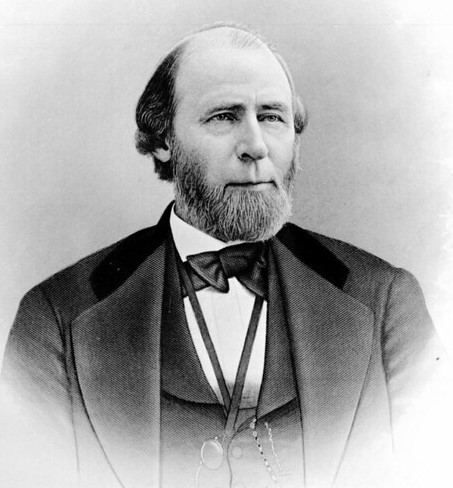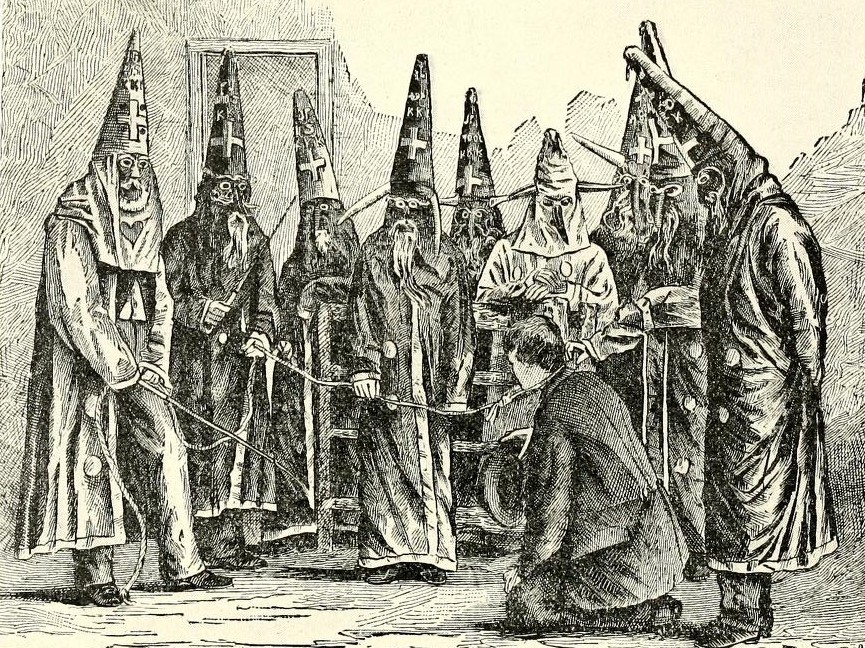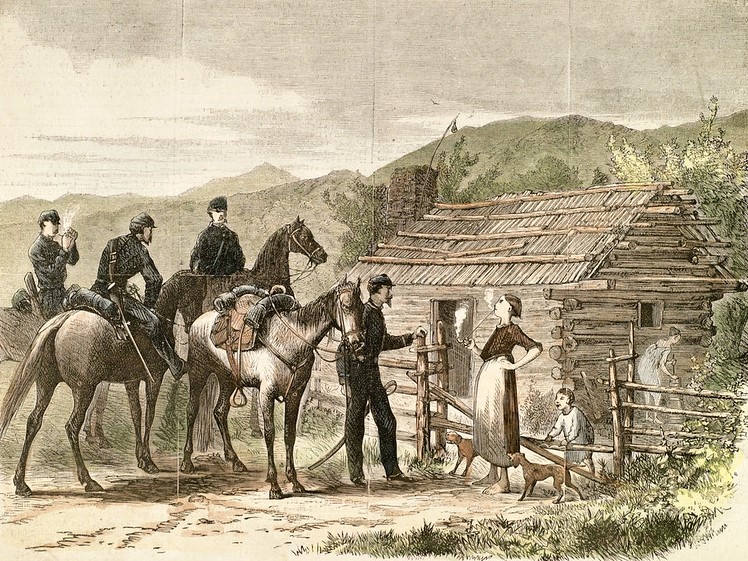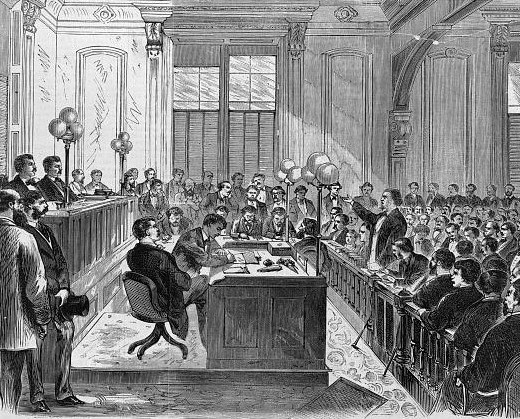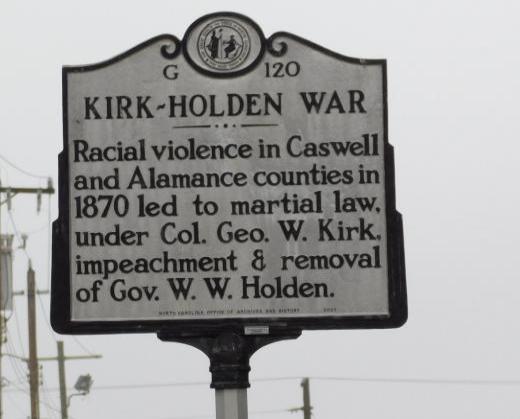The Kirk-Holden War of 1870
Introduction
In the summer of 1870, Governor William W. Holden and the reconstruction-era state government engaged in a police action—known informally as the Kirk-Holden War—against the Ku Klux Klan, a white supremacist terrorist group that had taken hold in North Carolina.
Keep Scrolling to Learn More
The Kirk-Holden War by the Numbers
Identified
Transcribed
Most Common Person Mentioned
A Declaration of Insurrection
The Kirk-Holden War transpired during the uncertain times following the Civil War, a volatile period known as the Reconstruction Era. From the ashes of the Confederacy rose a new threat known as the Ku Klux Klan, a white supremacist terrorist organization that sought to curtail Republican influence and Black suffrage through violence and intimidation. Growing Klan activity, in the counties of Alamance and Caswell particularly, forced Governor Holden into action.
The Way of War
As the Kirk-Holden War progressed, well-known guerrilla fighter George W. Kirk joined Governor Holden's campaign in June 1870. With men from the North Carolina militia under his command, Colonel Kirk set about arresting suspected Klan leaders. Federal troops, sent by President Ulysses S. Grant, helped deter violence and maintain order.
Guilty as Charged
Governor Holden's zealous efforts to put down the Klan incurred the wrath of North Carolina Conservatives, who retaliated through the judicial system. What originally started as a crusade to punish vigilantes ultimately led to Governor Holden's political downfall.
Reflections on the Kirk-Holden War
While Governor Holden's campaign against the Ku Klux Klan ended with his impeachment, was it necessarily a failure? What can modern scholars and researchers learn from this episode in our state's history?

